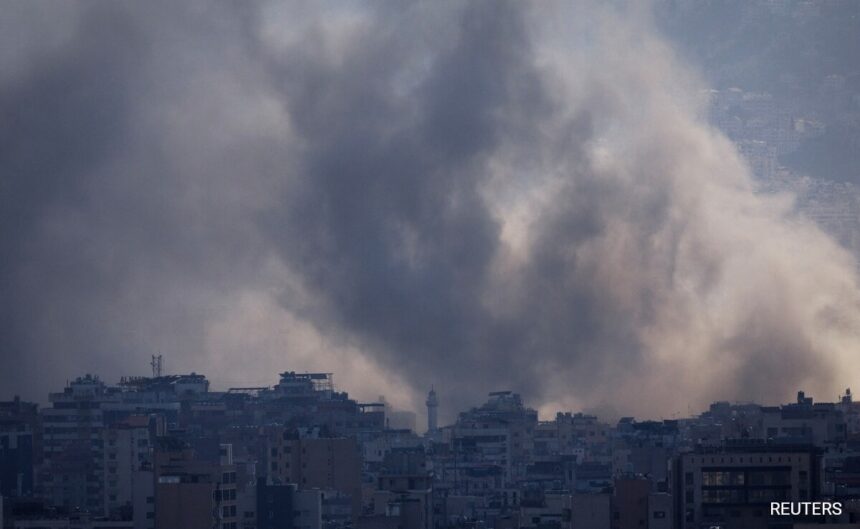The ceasefire between Israel and Hezbollah in Lebanon officially went into effect on Wednesday, marking a significant turning point after more than a year of intense fighting that has resulted in the deaths of thousands of individuals. The truce, which commenced at 4:00 am (0200 GMT), is expected to bring an end to a devastating war that has uprooted tens of thousands of people in Israel and hundreds of thousands more in Lebanon from their homes.
The conflict has seen extensive air strikes ravage parts of Lebanon, with Israeli forces engaging in fierce battles with Hezbollah militants along the border. The initial spark for the war occurred when Hezbollah launched cross-border attacks in support of its Palestinian ally Hamas following an attack on Israel by Hamas in October 2023.
US President Joe Biden played a crucial role in brokering the ceasefire agreement, with Israeli Prime Minister Benjamin Netanyahu confirming his government’s agreement to the halt in hostilities. The United States, as a key ally and supporter of Israel, hailed the deal as a positive development and a fresh start for Lebanon.
Netanyahu expressed gratitude towards Biden for his involvement in securing the ceasefire, emphasizing that it would allow Israel to shift its focus towards addressing the threats posed by Hamas in Gaza and Iran. Despite the truce, Israel retains the freedom to take action against Hezbollah should the group pose any new threats, as per the terms of the agreement.
The toll of the war on Lebanon has been staggering, with at least 3,823 individuals reported dead since the conflict erupted in October 2023. On the Israeli side, 82 soldiers and 47 civilians have lost their lives due to the hostilities with Hezbollah. The period leading up to the ceasefire witnessed a surge in violence, with Israel launching strikes on central Beirut while Hezbollah retaliated with attacks on northern Israel.
Hezbollah did not directly participate in the negotiations for the truce, with Lebanese parliamentary speaker Nabih Berri acting as a mediator on their behalf. The group has yet to officially comment on the ceasefire, raising questions about its future intentions.
The war in Lebanon has left Hezbollah significantly weakened but not defeated, with the group suffering losses in leadership and personnel during the conflict. Netanyahu highlighted that the ceasefire would enable Israel to refocus its efforts on addressing the ongoing conflict with Hamas in Gaza and countering the Iranian threat.
The ceasefire deal aims to establish a lasting peace between Israel and Hezbollah, with the Lebanese army set to assume control of the border area on their side. The agreement also seeks to prevent Hezbollah and other terrorist organizations from posing a security threat to Israel in the future. The United States and France have pledged to ensure the full implementation of the deal.
The ceasefire announcements were accompanied by a flurry of strikes on central Beirut and Hezbollah’s stronghold in the southern suburbs. The aftermath of the conflict has left Lebanon in a state of turmoil, with the country facing immense challenges in returning to a sense of normalcy. Despite the ceasefire, the road to rebuilding and reconciliation in Lebanon remains arduous.







